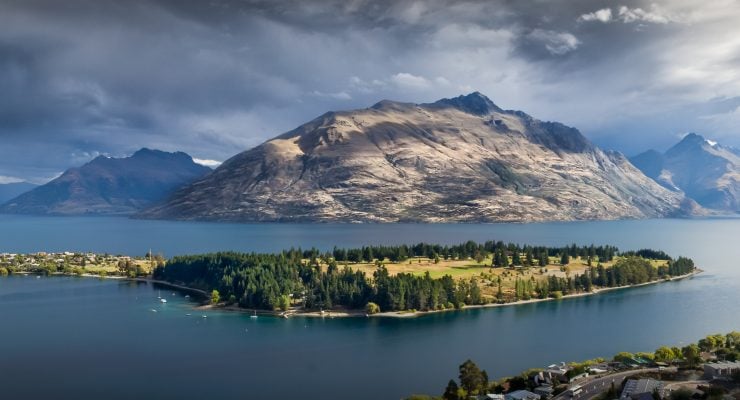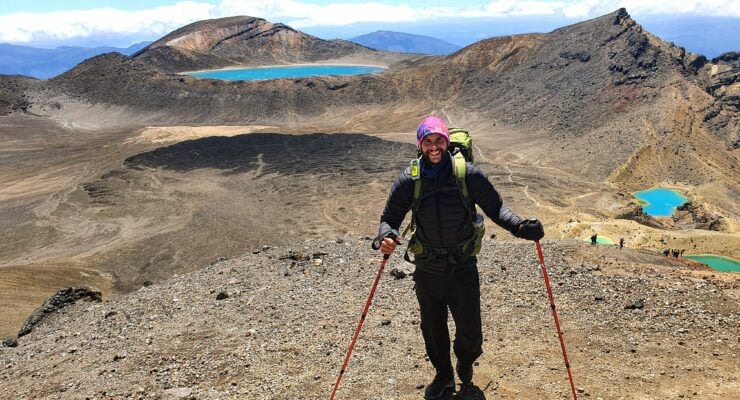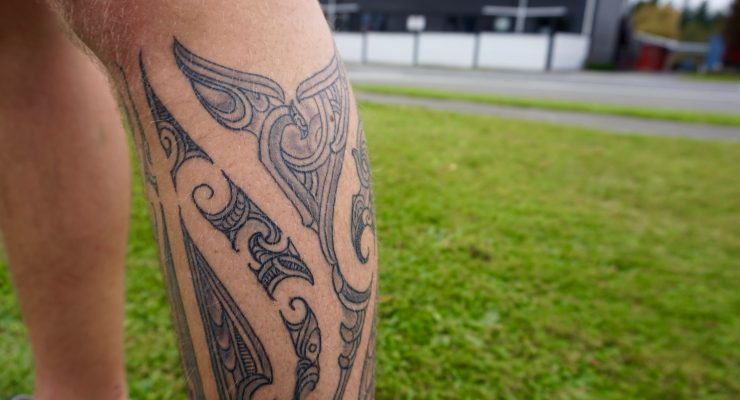When you live abroad, it’s not easy to know what to do in the event of an emergency. If you experience any problems with your health during your working holiday in New Zealand, this article is here to help.
In an emergency
In case of an emergency illness or accident, you should attend the ED (emergency department). The emergency department of a hospital stays open 24/7 and treats severe illness and life-threatening injuries.
If you have purchased travel health insurance (more on this below), your policy will cover the costs of emergency illnesses, accidents, repatriation, etc.
If you do not have the money to pay for your treatment upfront, don’t worry—speak to the hospital about your situation and possible payment plans. If your situation is urgent, they will be medically required to treat you, even if you can’t pay on the day.
The phone number for the emergency services (police, ambulance, fire) in New Zealand is 111.
Wellington Free Ambulance services are free in the Wellington area, but be prepared to pay for ambulance services elsewhere.
If you find yourself in a complicated situation and do not know who to contact, you can ask at the embassy or consulate of your country of citizenship. They will be able to direct you to the relevant service.
Consider registering with your country’s embassy when you first arrive in New Zealand to be notified in case of any major incident or danger (e.g. a natural disaster) in your home country. For more information, read Important steps upon landing in New Zealand.
ACC
In the event of an accident (road, workplace, etc.) you can make a claim with Accident Compensation Corporation (ACC).
ACC covers part or all of the cost of any accident-related treatment or aftercare for anybody in New Zealand, from tourists to citizens.
ACC is not a suitable replacement for health insurance as it only covers the costs in the event of an accident, not illness.
To learn more about ACC, read What is ACC in New Zealand?
Health insurance
Depending on your citizenship, purchasing travel health insurance may be a mandatory part of your New Zealand WHV application. For citizens of Ireland, Japan, Malaysia and the UK, insurance is not mandatory. However, we strongly recommend that every traveller gets insurance that covers the cost of medical care, hospitalisation and repatriation while abroad.
For more information about insurance, read What to know about travel insurance for your working holiday abroad.
In the case of a doctor’s consultation (for accident or illness, not regular checkups) or ED treatment, you will usually have to pay the costs upfront. If you have insurance, you then request reimbursement of these costs from your insurance company.
Pvtistes.net has been recommending
Globe WHV since 2005. They have covered thousands of working holiday makers.
- Their policy has zero excess/deductible, which is the most generous form of reimbursement.
- Unlimited coverage of medical expenses and hospitalisation.
- Tourism outside of New Zealand is covered up to €150,000 worldwide with no limit on duration of travel.
- Emergency medical expenses are covered during visits to your home country, for up to 30 days and €150,000.
- Scuba diving, on-piste skiing and snowboarding are covered.
- In the unlikely event that your WHV application is rejected, you can request a full refund* for your policy.
- Refund* on unused months if you decide to end your working holiday early and go back to your home country (as long as you have a minimum of two months left on your policy).
Click here to learn more or get a quotation.
*Minus a €30 administrative fee.
Access to health care in New Zealand
The following services are not covered by travel health insurance. You will need to be prepared to pay out of pocket.
Check if you’re eligible for subsidised healthcare
If you hold a WHV that lasts for two or more years (for example, British and Canadian citizens can choose to stay longer than 12 months), you qualify for subsidised healthcare. This means the government helps fund the cost of healthcare and you won’t have to pay as much out of pocket for doctor’s appointments, prescriptions, hospital stays, etc.
If your WHV only lasts for 12 months, you will need to pay for the full cost of medical care in New Zealand out of pocket.
Note for British citizens: Even if you choose to only stay in New Zealand for a 12-month WHV, you are eligible for subsidised healthcare because of a
reciprocal health agreement between the UK and New Zealand.
Seeing a doctor
To see a doctor (known as a GP or general practitioner in New Zealand), you can make an appointment with a nearby medical centre if you qualify for subsidised healthcare. Find a medical centre near you.
You can contact nearby centres to find out which doctors are accepting new patients. Some centres also offer telehealth appointments, which means you can have your appointment over the phone. To qualify for a telehealth appointment, you usually have to have had a face-to-face consultation with a GP at the medical centre first.
Note that if you do not qualify for subsidised healthcare, you generally cannot enrol as a new patient with a GP. If you need to see a doctor and cannot enrol with a medical centre, head to a walk-in clinic (known as an Acute Walk-In Clinic or Urgent Care Clinic).
Walk-in clinics provide care for illness or injury that is urgent but not a life-threatening emergency (e.g. sprains, minor cuts, rashes, infections, etc.). It’s best to attend at opening time for the shortest wait possible, although the doctor at the clinic will also see people in order of how serious the problem is.
If you require a more specialist appointment, the doctor at your initial appointment will be able to help with a referral. You can also search for a specialist yourself, either by researching online or by asking for advice on Facebook—both neighbourhood groups and expat groups are a good way to get names of local specialists.
Healthline provides free telephone health advice service where you can speak to a registered nurse. The nurse can advise on whether you need to see a doctor or pharmacist, as well as how to find the nearest doctor or pharmacy. Healthline is available 24/7 by calling 0800 611 116.
Private healthcare
You can always choose to receive treatment in the private healthcare system rather than the public healthcare system. It may cost you more, but since most foreigners won’t have access to subsidised healthcare, you will have to pay out of pocket either way. The extra cost to go private may be worth the shorter wait times, better flexibility in appointment availability, more choice of specialist doctors, and generally nicer facilities.
Other services
Dental care, opticians, osteopaths, etc.
If you regularly need any other form of medical care, expect to pay for this out of pocket. For example, routine dental checkups are rarely covered by travel medical insurance, but emergency dental is usually covered.
We always recommend you get your contact lens prescriptions, teeth cleanings, chiropractor appointments, etc. sorted in your home country before travelling to New Zealand to avoid expensive fees. Read Departure preparation for your working holiday for more tips.
Travel vaccinations
If you are planning to travel outside of New Zealand during your working holiday (e.g. to Bali, Thailand, Vietnam, etc.), you may need to get vaccinations before your trip. Common vaccines recommended for travel include yellow fever, hepatitis A and B, typhoid fever, tetanus, etc.
You will need to get these done at a specific travel vaccines clinic. Expect to pay out of pocket, as health insurance will not cover travel vaccines.
The travel vaccines clinic can advise which vaccines are needed for your intended destination.
Sexual health clinics
Sexual health clinics offer everything from STI (sexually transmitted infection) screenings and birth control to emergency contraceptives and pregnancy testing. Depending on the service you need, you can either prebook an appointment or walk in and wait.
You do not need a doctor’s referral or health insurance to attend a sexual health clinic. Services are generally free and confidential. Certain clinics can also perform some tests anonymously.
If you’re in an emergency, you can, of course, go to a regular hospital. In this case, testing will not necessarily be free or kept anonymous.
You can find your nearest sexual health clinic here.
Abortion
Abortion is legal in New Zealand, and you can find your nearest abortion provider here. If you are pregnant as a result of rape, ACC will pay for your treatment.

















0 comments
{{like.username}}
Loading...
Load more